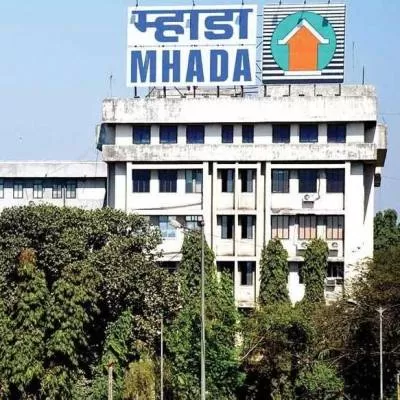Schedule a Call Back
Panaji pilot project reduced non-revenue water from 38% -15% with IoT
2024-08-09
 In a promising development for Goa, a pilot project in Panaji has successfully reduced non-revenue water?from 38% to 15%?using internet of things (IoT) technology and smart meters. Non-revenue water refers to treated water that is lost due to leaks, faulty meters, or incorrect readings.
This initiative, part of the Smart City Mission, involved installing smart meters in 3,094 out of 7,200 homes registered with the Corporation of the City of Panaji (CCP). These meters enable residents to track their water usage via a mobile app and allow the Public Works Department (PWD) to monitor consumption on an hourly and daily basis.
PWD Assistant Engineer Jaiwant Prabhu explained that the IoT project includes flow meters and pressure transmitters along the main water lines from Opa to Panaji. This setup provides real-time data on water flow and pressure, which aids in detecting and addressing leaks promptly. The system also allows for better water distribution by redirecting flows as needed and alerts officials to pressure drops, preventing low-pressure complaints from residents.
The smart meters, costing around Rs 8,000 each compared to regular meters at Rs 3,500, are financed through consumer water bills. The new system eliminates common issues like faulty meters and inaccurate readings, improving efficiency and customer satisfaction. Bills are generated online, reducing the need for manual meter readings.
Additionally, if a consumer disputes their bill, they can pay Rs 500 for a meter test with PWD officials. The eventual goal is to centralise water supply monitoring at the same facility used for managing traffic CCTV footage in Panaji.
PWD Executive Engineer Nivruti Parsekar noted that the smart metering has significantly decreased non-revenue water and encouraged consumers to regulate their usage more effectively. The success of this pilot project may lead to broader implementation across Goa.
(TOI)
In a promising development for Goa, a pilot project in Panaji has successfully reduced non-revenue water?from 38% to 15%?using internet of things (IoT) technology and smart meters. Non-revenue water refers to treated water that is lost due to leaks, faulty meters, or incorrect readings.
This initiative, part of the Smart City Mission, involved installing smart meters in 3,094 out of 7,200 homes registered with the Corporation of the City of Panaji (CCP). These meters enable residents to track their water usage via a mobile app and allow the Public Works Department (PWD) to monitor consumption on an hourly and daily basis.
PWD Assistant Engineer Jaiwant Prabhu explained that the IoT project includes flow meters and pressure transmitters along the main water lines from Opa to Panaji. This setup provides real-time data on water flow and pressure, which aids in detecting and addressing leaks promptly. The system also allows for better water distribution by redirecting flows as needed and alerts officials to pressure drops, preventing low-pressure complaints from residents.
The smart meters, costing around Rs 8,000 each compared to regular meters at Rs 3,500, are financed through consumer water bills. The new system eliminates common issues like faulty meters and inaccurate readings, improving efficiency and customer satisfaction. Bills are generated online, reducing the need for manual meter readings.
Additionally, if a consumer disputes their bill, they can pay Rs 500 for a meter test with PWD officials. The eventual goal is to centralise water supply monitoring at the same facility used for managing traffic CCTV footage in Panaji.
PWD Executive Engineer Nivruti Parsekar noted that the smart metering has significantly decreased non-revenue water and encouraged consumers to regulate their usage more effectively. The success of this pilot project may lead to broader implementation across Goa.
(TOI)


Subscribe Now
Subscribe to our Newsletter & Stay updated
RECENT POSTS
Popular Tags
Folliow us
Related Stories
DoubleTree by Hilton Set to Open in Chandigarh in 2025
Hilton has announced the signing of DoubleTree by Hilton Chandigarh Kakrali, its first DoubleTree property in the Greater Chandigarh region. Sche...
Grievance Redressal at MHADA: Key Highlights from the Eighth Lokshahi Day
MHADA held its Eighth Lokshahi Day at its Bandra East headquarters, chaired by Milind Borikar, Chief Officer of the Mumbai Board and Acting Vice ...









